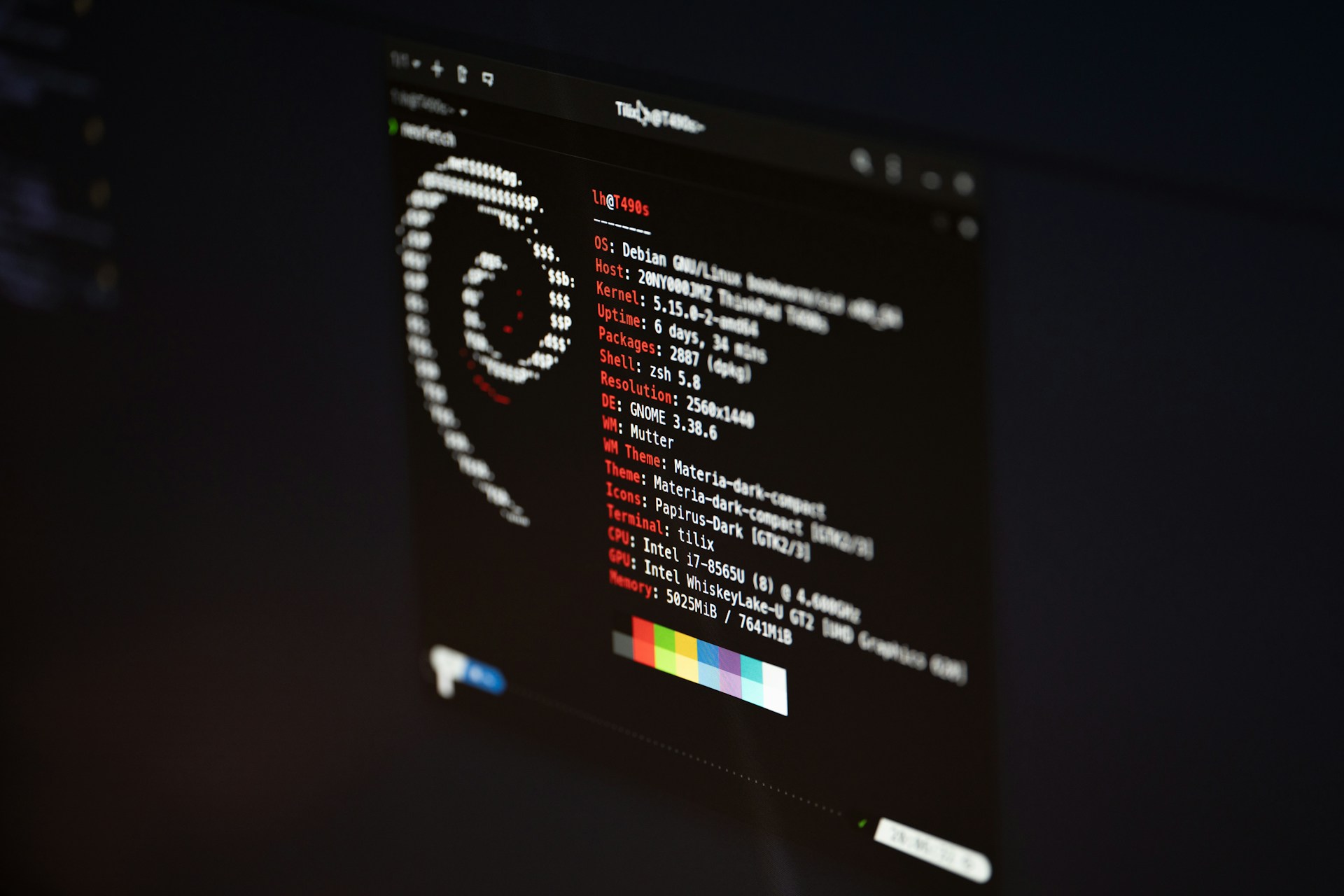If you've been around Linux for any amount of time, you've probably heard of Debian. Maybe you even use it. But here's the funny thing—many Linux users are standing on Debian's shoulders without even realizing it. Ubuntu, Linux Mint, and countless other distros all trace their roots back to Debian. Yet, for all its importance, Debian itself often flies under the radar.
So let's set the record straight: Debian is simple, stable, and arguably the backbone of modern Linux desktops. If you're using Debian, you should feel proud—because the Linux world depends on what you're running. Let's dive in.
What makes debian simple (and why that's a good thing)
When people hear “Debian,” some imagine an advanced, intimidating distro reserved for Linux veterans. In reality, Debian is refreshingly straightforward. Its philosophy has always been about building a solid, stable operating system with as little fluff as possible.
- Minimalism by design - Debian gives you exactly what you need and nothing you don't. No extra background processes, no flashy gimmicks, no mysterious “helper” tools trying to outsmart you.
- Predictable and reliable - Because Debian releases focus on stability rather than cutting-edge features, updates are calm and consistent rather than chaotic.
- Universal across hardware - Whether you're running an old laptop, a new server, or even a Raspberry Pi, Debian just works without forcing you into vendor-specific tweaks.
This simplicity is not “lack of features”—it's freedom. Debian trusts you to build your system as you like, rather than pre-building it for you.
Ubuntu vs. Debian: Cousins with different goals
Ubuntu is probably Debian's most famous descendant. It's polished, popular, and great at attracting newcomers to Linux. But it's not Debian.
- Ubuntu adds polish, Debian adds control - Ubuntu ships with curated defaults, additional drivers, and a friendlier installer. Debian gives you a cleaner foundation, where you decide what goes in.
- Ubuntu chases new features, Debian guards stability - Ubuntu releases every six months, prioritizing newer software. Debian releases every two years or so, focusing on well-tested packages.
- Debian updates feel safer - If you've ever worried that a major update might break something, Debian's conservative approach is your ally.
In short, Ubuntu is “Debian with training wheels”—great for some users, but not necessary for everyone. Once you understand the basics of Linux, Debian feels liberating because you no longer need someone else's choices made on your behalf.
Other Debian-based distros: Why they exist
Debian's rock-solid foundation makes it perfect for customization. That's why so many distributions—elementary OS, MX Linux, Zorin OS, and countless others—start with Debian and build their own flavors on top.
- MX Linux adds convenience tools for everyday desktop users.
- Zorin OS focuses on a Windows-like experience for new converts.
- Kali Linux turns Debian into a security-testing powerhouse.
These are great projects, but remember: their success depends on Debian doing the heavy lifting under the hood.
Linux Mint LMDE: Proof of debian's strength
Linux Mint is one of the most beginner-friendly distros out there. Its flagship version is based on Ubuntu—but there's another edition called LMDE (Linux Mint Debian Edition). And LMDE is eye-opening.
- LMDE exists as a backup plan—if Ubuntu ever disappeared, Linux Mint could keep going by building directly on Debian.
- LMDE shows how smooth Debian can be—all the Mint goodness runs just fine without Ubuntu in the middle.
- If you've tried LMDE, you're essentially using Debian without realizing it—and that's a testament to how robust Debian truly is.
This alone should make Debian users proud: even user-friendly giants like Mint trust Debian as their safety net.
Why you should feel proud using Debian
If you're running Debian, you're not just using a distro—you're running the core system that others depend on. Here's why that matters:
- Debian is community-driven, not corporate-driven - Unlike many distros, Debian isn't steered by a single company's vision. It's built by volunteers worldwide who care about free software principles.
- Your system is closer to “pure Linux” - No extra branding layers, no hidden patches. Just the software as the developers intended.
- Debian makes you learn (a little) - Because Debian doesn't handhold you as much, you naturally understand your system better. And that knowledge pays off long-term.
- You're helping the ecosystem - By using Debian, testing it, and reporting issues, you're contributing directly to a project that countless other distros rely on.
Who should use Debian?
- If you value stability over shiny new features.
- If you want a lightweight base without extra clutter.
- If you enjoy learning a bit about how Linux works.
- If you like the idea of supporting a project that supports everyone else.
Debian might not be flashy, but it's deeply rewarding. Once you set it up, it feels almost invisible—quietly reliable, like a good friend who never lets you down.
The bottom line
Debian isn't just another Linux distro. It's the foundation for some of the most popular systems in the world, from Ubuntu to Linux Mint LMDE to specialized distros you may never have heard of.
It's simple, stable, and incredibly dependable. If you're using Debian today, you're using the same system that countless developers, sysadmins, and projects rely on. You're standing at the source, not downstream. And that's something to be proud of.
In a world full of Linux flavors, Debian remains refreshingly pure—no frills, no corporate agenda, just a clean, solid OS built by and for the community. That's why, even after decades, Debian still matters more than ever.

